Category: DC
-
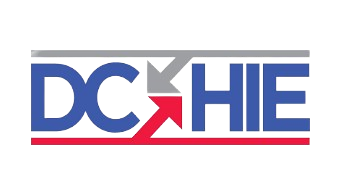
Evolving the DC Community Resource Information Exchange’s Inventory Capabilities
In the District of Columbia, we’re developing a new approach to the very old problem of resource directory information management. Years ago we shared the story of the first phase of our work here on this blog, and we’re now excited to share results from our second phase. The DC Community Resource Information Exchange initiative…
-
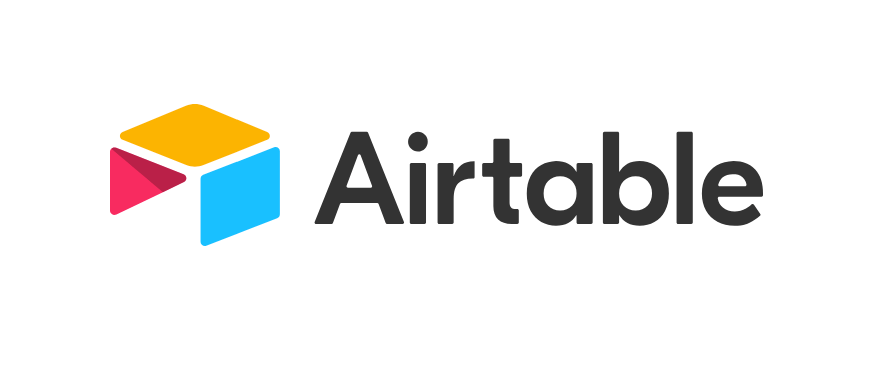
Delivering Open Referral Solutions with Airtable
In 2018, with a small grant provided by the Alliance of Information and Referral Systems to the Sahana Software Foundation, Sarapis developed an Airtable template of a community resource database using Open Referral’s Human Services Data Specification (HSDS). This project responded to a need articulated by many in our community for a lightweight, easy-to-use resource…
-
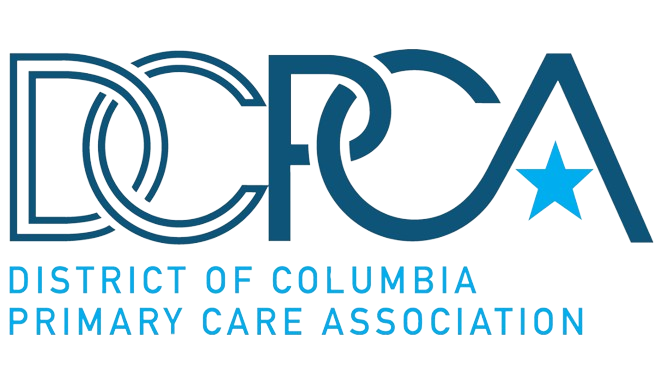
The DC Community Resource Information Exchange: Phase One Report
The District of Columbia’s community of health, human, and social service providers are struggling with a familiar challenge: they want to be able to more effectively coordinate care among their patients and clients, yet their systems can’t currently ‘talk’ to each other. In response to this issue, DC’s Department of Health Care Finance (DHCF) initiated…
-
Making Complexity Friendly
Last year, SIMLab completed a project [discussed previously on this blog] with DC Public Library (DCPL) to find out how the library could deliver and maintain good information on social services in DC. Funded by the Knight Foundation’s Prototype Fund, this project sparked a prolonged investigation into how the American social safety net is constructed. What…
-
Data-driven justice in D.C.
Access to clear, reliable, re-usable community resource directory data is not just important for people who are seeking services that meet their immediate needs — it’s also crucial for people who are seeking to understand the workings of the human service system as a whole, as they seek ways improve health and wellness for entire…
-
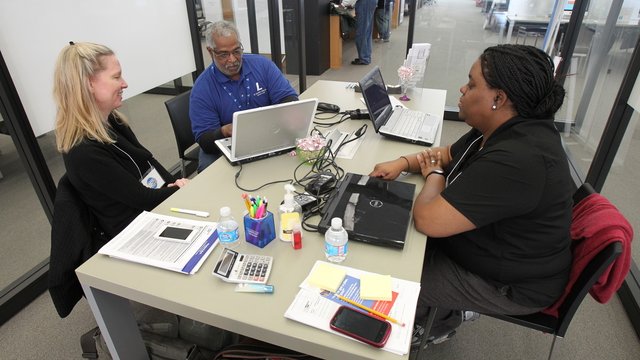
First Resort: Building social services resources at DC Public Library
[This is a guest post from Keith Porcaro of Social Impact Lab (SIMLab). SIMLab is partnering with the DC Public Library and the DC Open211 project on a project made possible by the Knight Foundation’s Prototype Fund.] Particularly for those on the wrong side of the digital divide, people often turn to the library for information…
-
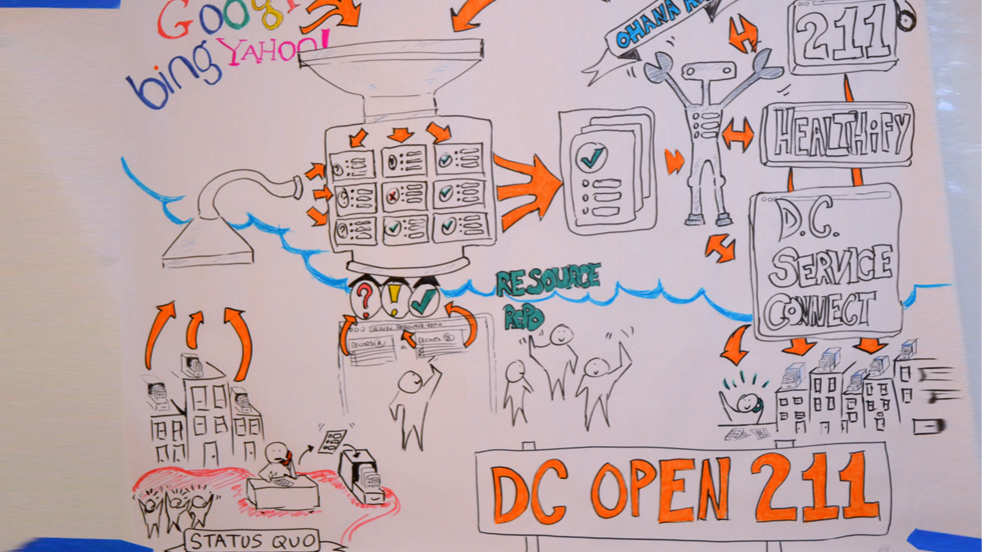
A look inside the DC Open211 project
Over at Code for DC’s blog, the DC Open211 team reports back from the kickoff of the ‘Rebuilding Re-entry’ social lab. At this event, a number of groups explored the various challenges facing people who return from prison — and one of the most prominent themes was the difficulty of finding reliable information about services that…
